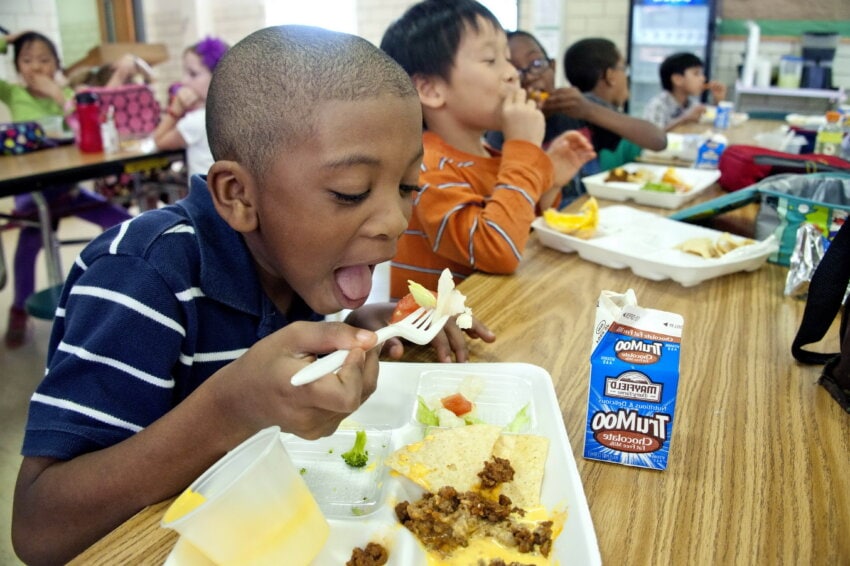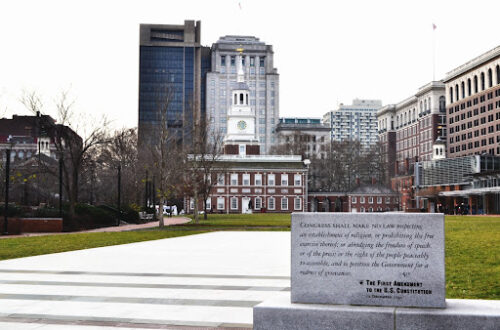In September 2021, Florida became one of the last states in the country to apply for $819.2 million in federal aid meant to combat child hunger during the COVID-19 pandemic. Thirty-eight states and three territories beat Florida in applying, most of which received the funds before summer started.
The state’s long-awaited move comes after a series of contentious debates and almost six months after applications first opened in April. The funding, an extension of the federal Pandemic Electronic Benefit Transfer program, was intended to provide $375 per child to families who qualified for free or reduced lunches so that their children could eat while school was out for the summer.
It will now be paid out to families retroactively. Advocates for the program, however, are questioning why Florida’s application took so long.
“The state’s refusal to request funding crucial to the health, safety and well-being of Florida families is incomprehensible. I fail to understand the reasoning behind denying families who were food insecure before the pandemic extra assistance in order to keep their children from going hungry,” Rep. Angie Nixon, D-Jacksonville, told the Florida Political Review. “Why would you not accept $820 million in assistance for your constituents?”
Nixon spearheaded a petition that called on Gov. Ron DeSantis, R-Florida, to take action and apply for the funds back in early September.
Another criticism of the delay came from Agriculture Commissioner Nikki Fried, a vocal advocate for children’s food assistance and a Democratic gubernatorial candidate taking on DeSantis in 2022.
In a press release before the state applied, Fried also slammed DeSantis: “I’m still appalled that it has taken Governor DeSantis this long to do something so simple that will help feed so many hungry kids in our state.”
Last school year, Florida accepted the federal funds offered by the P-EBT program, which the Florida Department of Children and Families estimates assisted 2.2 million students. However, the state initially failed to apply for a continuation of these funds when the USDA extended the program through this summer, meaning none were distributed.
When asked why, DeSantis’s office answered that there was no need to apply for the federal funds, saying that all students in need could and did obtain meals through an existing initiative, the Summer Food Service Program.
The program, run by the Florida Department of Agriculture under Fried, supplies free meals to children under 18 when school is out over the summer, hoping to address what anti-hunger advocates say is a season of increased vulnerability for food insecure families.
In a likely nod to the commissioner’s criticism, DeSantis’s office suggested that the fault lay with Fried’s own management of the program if children were not able to obtain meals through SFSP and went hungry.
Fried objected, arguing that a single assistance program could not fully address the needs of every child in the state. The gaps that continue to exist make the additional funding through the P-EBT program essential, she said, which was why she emphatically pushed for the state’s application.
As the department responsible for separate summer nutrition programs like SFPS, Florida’s Department of Agriculture lacked the authorization to apply for federal funding through P-EBT on its own. Instead, it could only encourage Florida’s Department of Children and Families to submit the application to the USDA, which it finally did on Sept. 23, closing the months-long saga for now.
The topic is likely to reemerge as the 2022 governor’s race nears, especially if Fried edges out her competitor for the Democratic nomination, former Florida Governor and current Rep. Charlie Crist, D-Florida.
In the meantime, however, the state’s application means increased funds for families in need.
“Being able to ensure their kids won’t go hungry will be one less worry for these families,” said Nixon.
Check out other recent articles from Florida Political Review here.
Featured Image: Young boy eating school lunch, combatting children’s hunger. Unmodified photo by Amanda Mills used under a Creative Commons License. (https://bit.ly/3Ea5dwv)





